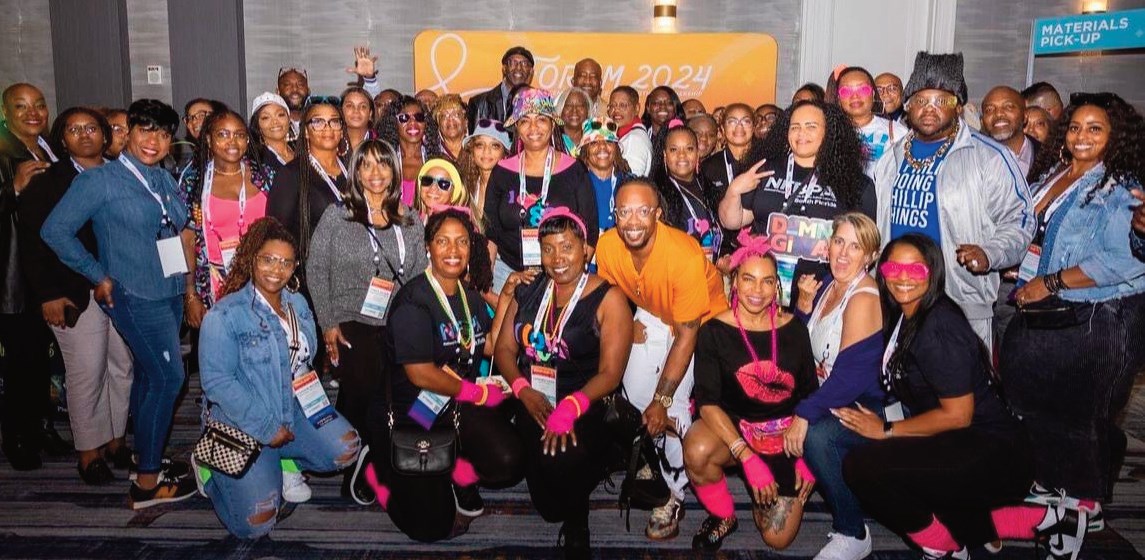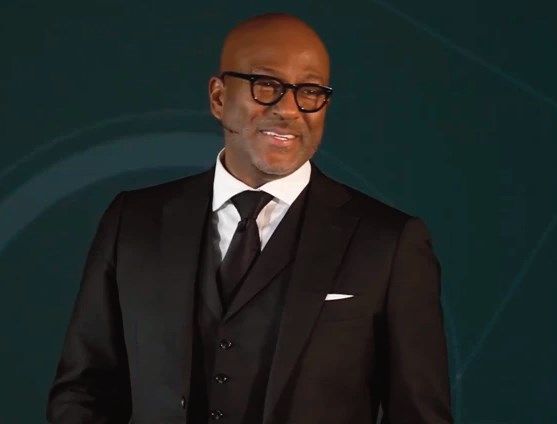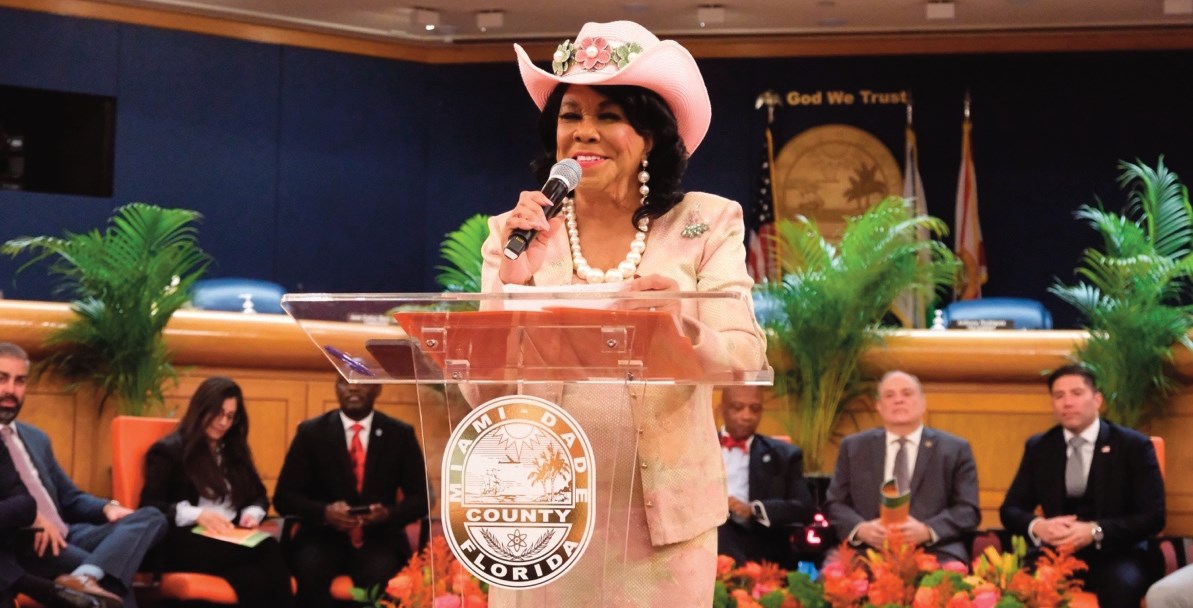 ORLANDO — A prosecutor said most of the 13 people charged in the death of Florida A&M university drum major will face a felony hazing charge.
ORLANDO — A prosecutor said most of the 13 people charged in the death of Florida A&M university drum major will face a felony hazing charge.
The prosecutor announced the charges at a news conference Wednesday. State Attorney Lawson Lamar said 11 of the 13 people charged will face the felony charge. The others will face a misdemeanor charge.
Lamar said a conviction for felony hazing could bring up to nearly six years in prison.
The charges come more than five months after 26-year-old Robert Champion died aboard a chartered bus parked outside an Orlando hotel.
Detectives say Champion was hazed by band members following a performance. Authorities say Champion had bruises to his chest, arms, shoulder and back. His internal bleeding caused him to go into shock, which killed him.
Champion’s death was ruled a homicide by medical examiners and the case has jeopardized the future of FAMU's legendary marching band and shaken the school's Tallahassee campus.
The medical examiner's office in Orlando found last year that Champion had bruises to his chest, arms, shoulder and back and internal bleeding that caused him to go into shock, which killed him.
Detectives say Champion was hazed on Nov. 19 by other band members on a bus parked outside an Orlando hotel, following a performance. Witnesses told emergency dispatchers that Champion was vomiting before he was found unresponsive aboard the bus. Hazing that involves bodily harm is a third-degree felony in Florida.
Champion's parents have sued the company that owns the bus where the hazing took place. In a civil suit, the family alleges that the bus driver stood guard outside the bus while the
hazing took place. The bus company owner initially said the bus driver was helping other band members with their equipment when the hazing took place.
Witnesses in the Champion case have told his parents he might have been targeted because he opposed the culture of hazing they say has long existed in the band, the parents' attorney has said. It has also been suggested to them that Champion was targeted because he was gay and a candidate for chief drum major.
In a January interview with the AP, Champion's parents dismissed the notion that his sexual orientation brought on the attack, which was to their knowledge the first time he'd ever been hazed.
“The main reason that we heard is because he was against hazing, and he was totally against it,” Champion’s father, Robert Champion Sr. of Decatur, Ga., said in an interview.
FAMU has suspended the band and launched a task force to recommend steps it could take to curtail hazing.
Three FAMU band members were arrested in the Oct. 31 beating of a female band member whose thigh was broken.
Also, on Tuesday, a lawyer for two FAMU music professors who allegedly were present during an unrelated hazing of band fraternity pledges in early 2010 said they have been forced out.
Both faculty members had been placed on paid administrative leave in late March after a Tallahassee Police Department report quoted witnesses as saying they were on hand when the hazing occurred at the home of one of the professors.
Diron Holloway, the band's director of saxophones, and Anthony Simons, an assistant professor of music, resigned last week after receiving notices that they had 10 days to contest their impending dismissals, said attorney Mutaqee Akbar.
The police report said pledges to the Kappa Kappa Psi band fraternity were slapped on the neck and back and may have been paddled in early 2010. It listed both faculty members as suspects but said no charges were filed because a two-year statute of limitations for misdemeanor offenses had passed.
Photo: Robert Champion












No Comment